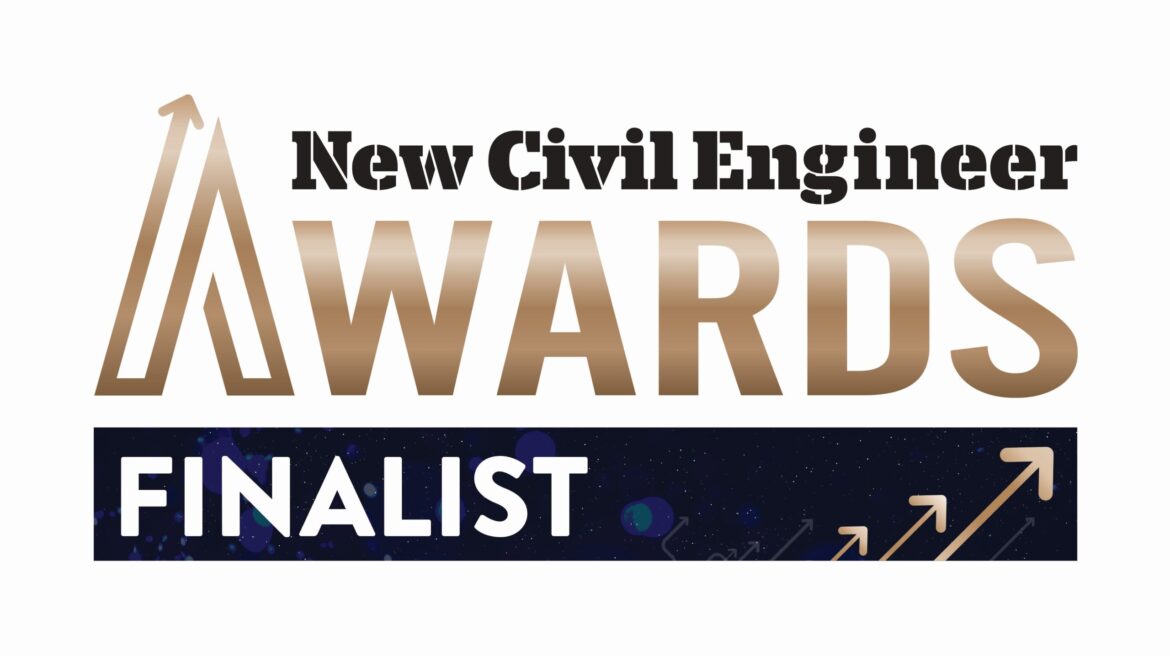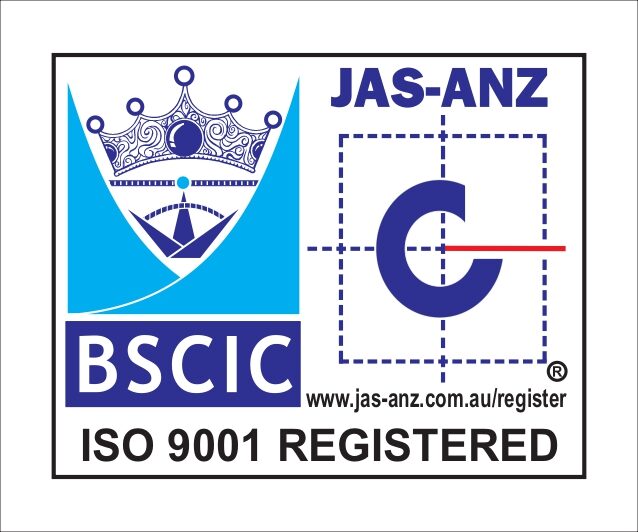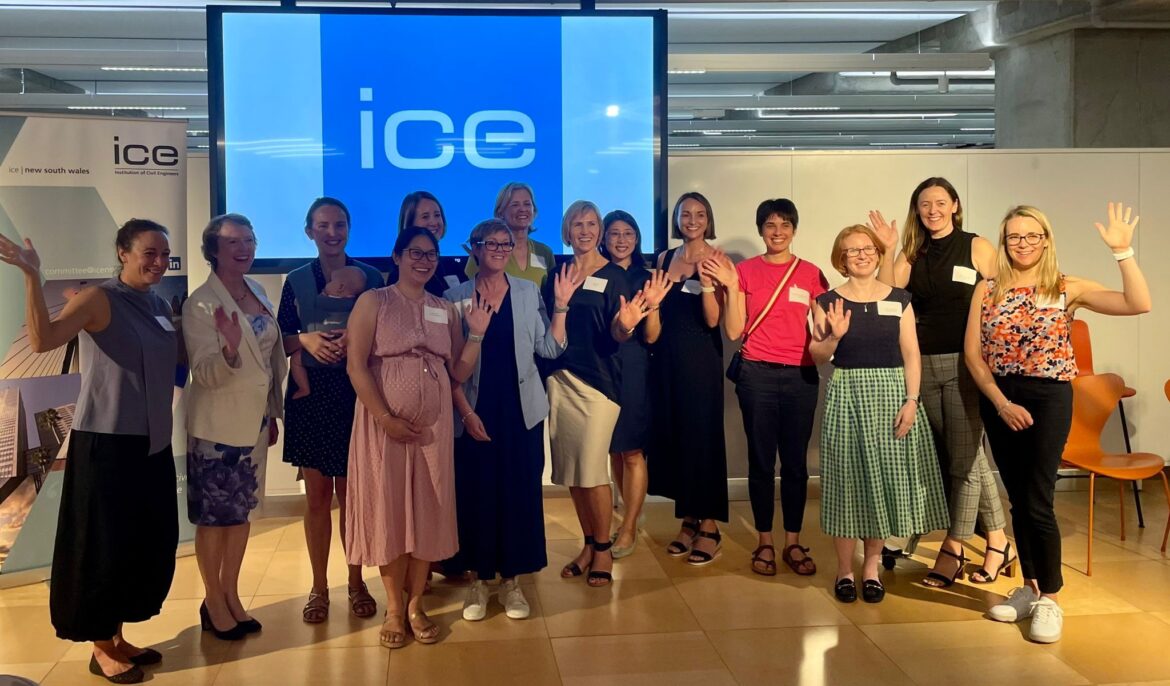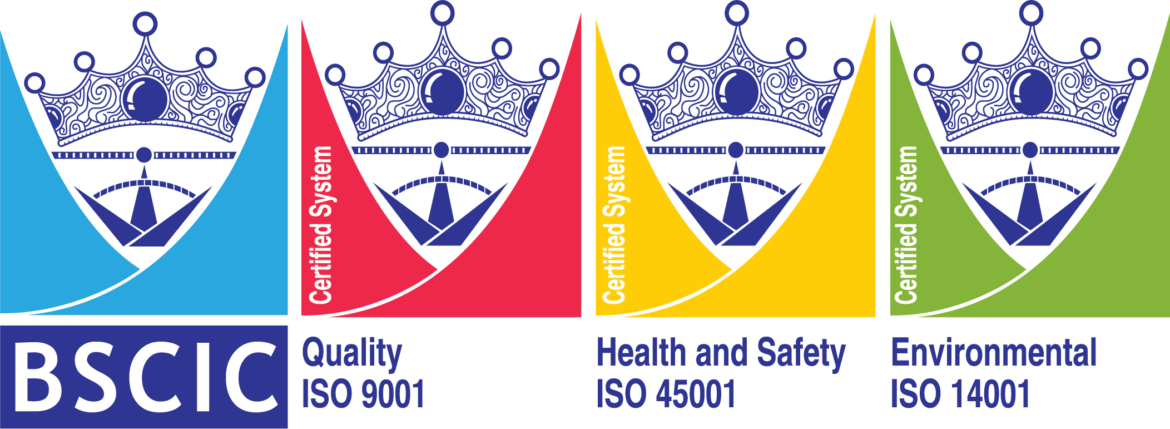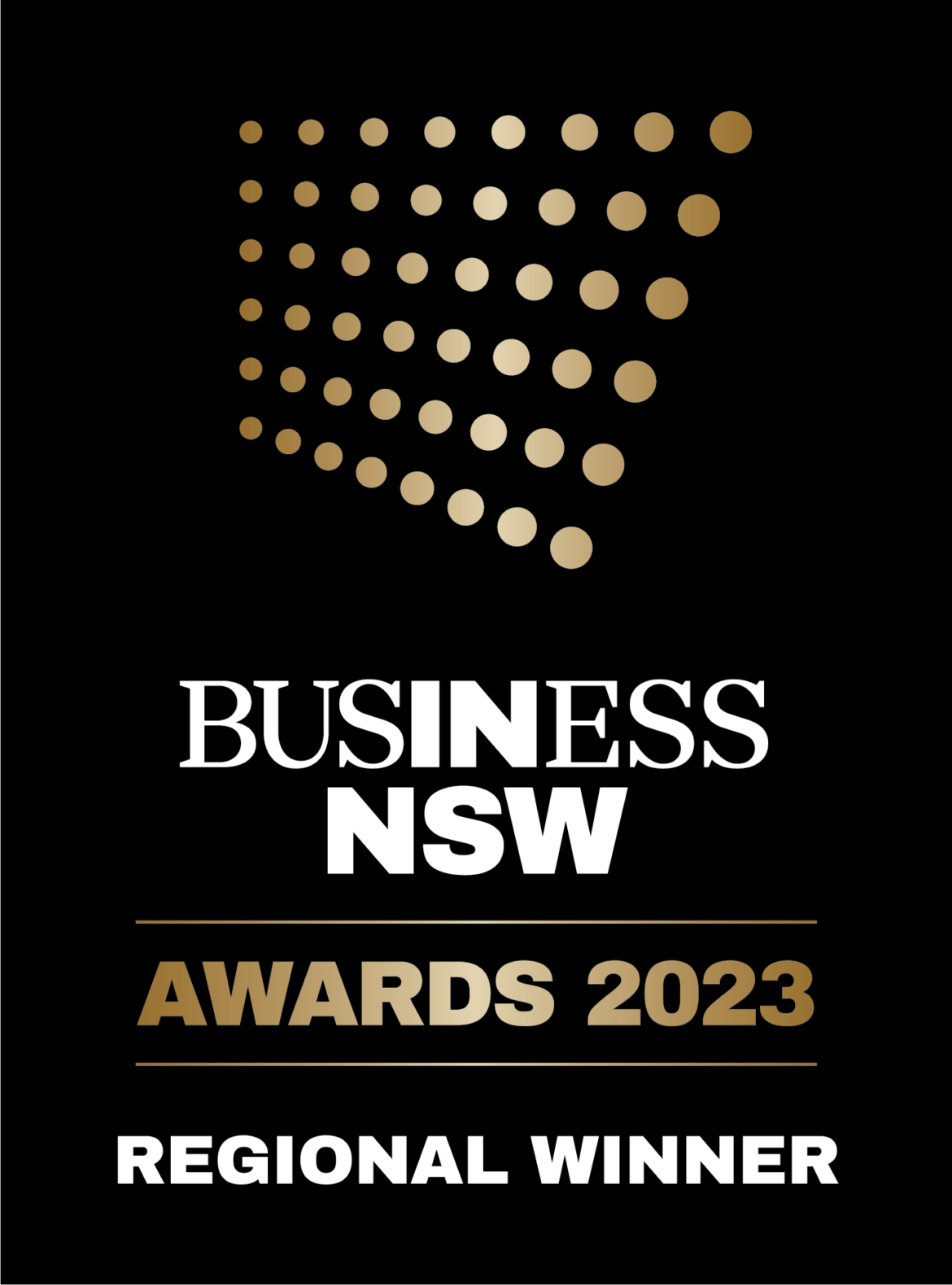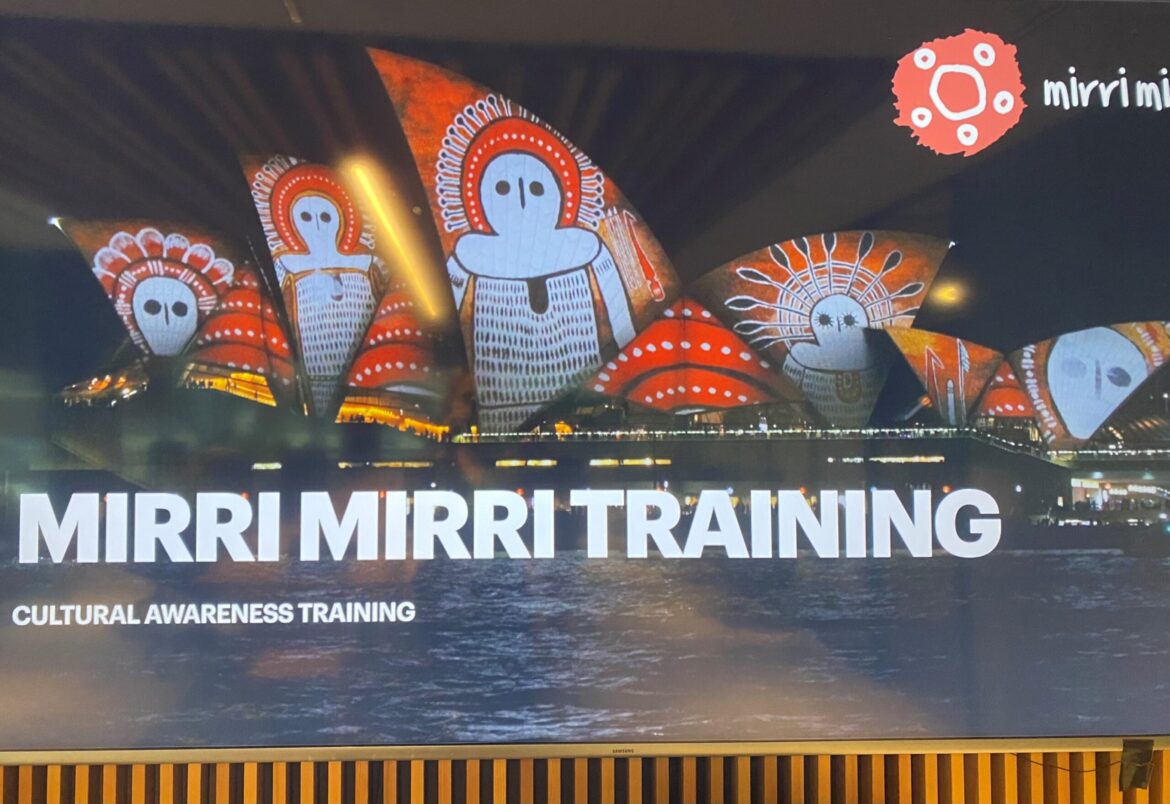
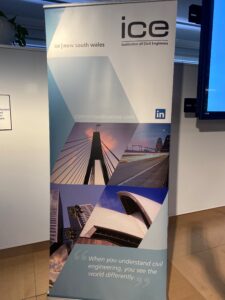
Last night, the Institute of Civil Engineers (ICE) hosted its Women in Fellowship Event at Sydney’s Arup offices. It was an evening dedicated to fostering dialogue about the journey of female engineers towards attaining Fellowship at the ICE.
MCE’s Business Manager, Nicky Fell, and Director, Thomas Lee, the current ICE Representative for NSW attended the event. The atmosphere was lively with bubbles, refreshments, and networking opportunities with industry peers.
The highlight of the evening was hearing from four remarkable female Fellows of the ICE: Rachel Fowler, Anna Squire, Claire Moore, and Carol Hopper. They shared invaluable insights into their individual paths to Fellowship and the motivations driving their pursuit. A common theme emerged—the credibility and support network afforded by the Fellowship title, especially crucial in Australia’s engineering landscape where only 13% of engineers are female.
It was heartening to learn about the instrumental role played by MCE’s Matt Colton, Recent Trustee for ICE membership and Council Member, in encouraging several of the speakers to apply for their Fellowships.
The event underscored the significance of mentorship in navigating the journey towards Fellowship. All four speakers generously offered their guidance and support to aspiring Fellows, emphasising the importance of mentorship in propelling more women into senior leadership roles within the engineering industry.
ICE’s Women in Fellowship initiative serves to empower women, driving the push to increase female representation in engineering and senior leadership positions. Through such initiatives, ICE is not just advocating for change but actively equipping women with the tools and support needed to advance their careers into more varied and influential roles. Together, we’re shaping a future where women thrive and lead in engineering.
#WomenInEngineering #ICEFellowship #Empowerment #DiversityAndInclusion #BuildbetterMCE



